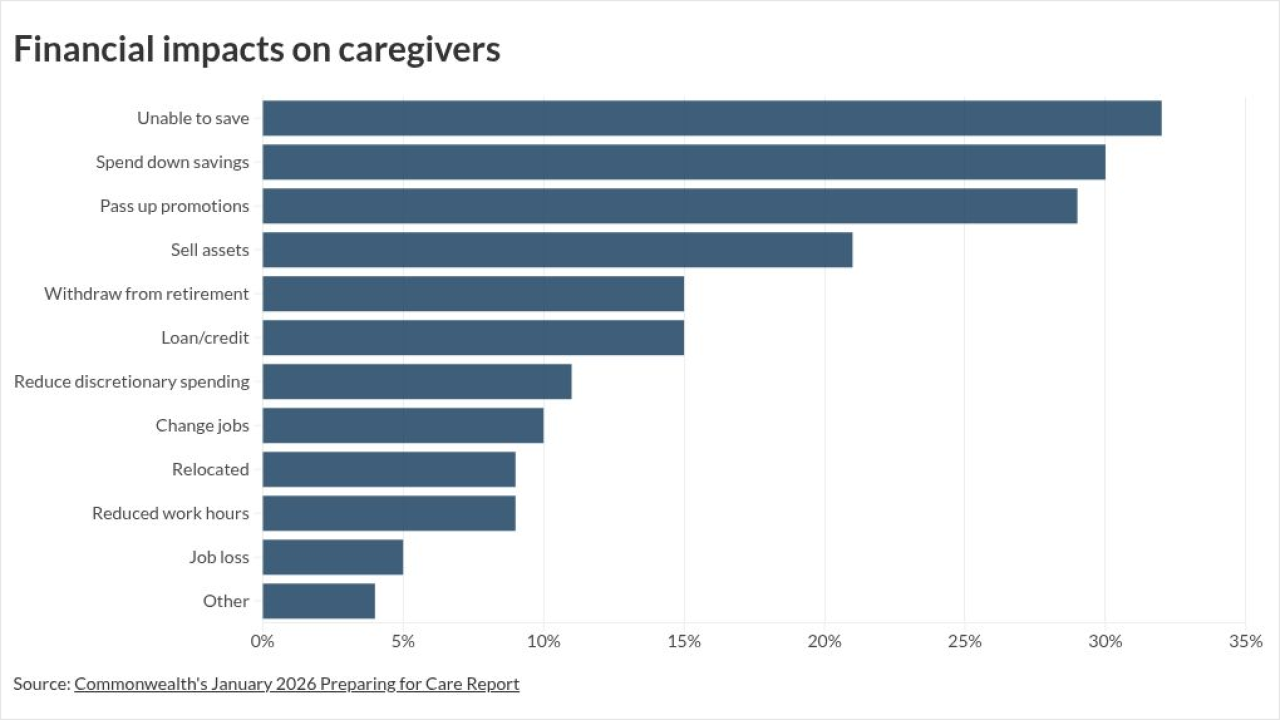
5 Year-End Tax Tips
Here are 5 things businesses and individuals should consider during this tough period of tax planning.
Source: Samuel C. DiSalvo, director the tax practice, Freed Maxick CPAs

1. It May be Time to Shop

2. Consider dividend distributions/stock redemptions

3. Put a Veteran to Work

4. Accelerate Expenses and Defer Income






